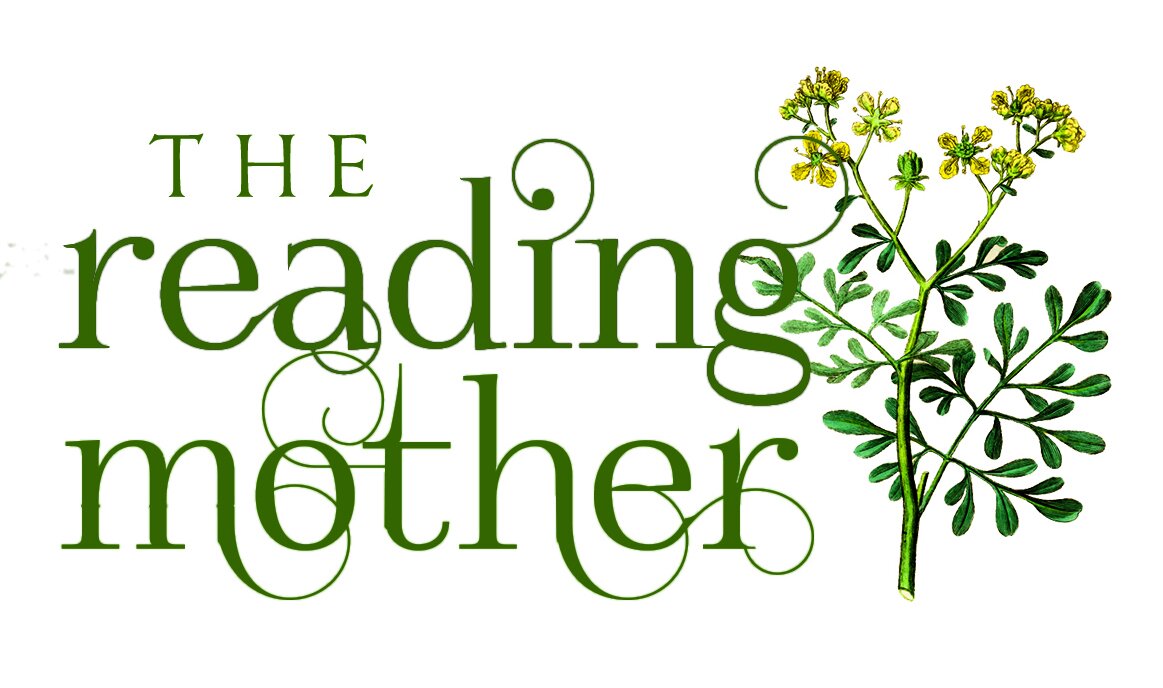Birdwatching: A Lifelong Joy of Possession
Edited 3/1/18 with this disclaimer: Mental health issues stem from many sources, some beyond our control. However, just as with our physical health, both preventive and restorative mental health practices often include developing and maintaining certain habits. This article and my reflection are offered in that spirit. My grandmother was a passionate birdwatcher. Her daily routine included an afternoon cup of tea at the old clawfoot kitchen table next to the window where myriad birds chattered and preened in exchange for her care to provide their provision. Next to her birdwatching window, a needlepoint boasting a parliament of owls crowded onto a single branch proclaimed Grandma's motto for her table, her home, her life: "There's always room for one more." The sheer number of birdfeeders outside her window testified that her hospitality extended to her birds as well. And they were hers: from her own perch by her kitchen table, she entered their little world, greeting them day by day, cheering their concerts, arbitrating their disputes, admonishing the bossy ones to let the quieter ones have a turn.
My grandmother had suffered many events throughout her life which might have led to a melancholy outlook, and even to serious depression. Indeed, I know that some of these things weighed heavily on her heart, because she told me so. But her overall disposition was brimful of wonder, joy, and curiosity right up to the end of her years. Perhaps her birds were some small part of that in the face of these difficulties? According to the Good News Network, studies of bird watching have shown that the interaction with the natural world is very good for mental health:
After conducting extensive surveys of the number of birds in the morning and afternoon in Milton Keynes, Bedford, and Luton, the study found that lower levels of depression, anxiety and stress were associated with the number of birds people could see in the afternoon . . . “This study starts to unpick the role that some key components of nature play for our mental well-being. Read the whole article at The Good News Network
In Home Education, Charlotte Mason recommends bird-watching (or for greater engagement, what she calls 'bird-stalking') with this reflection:
An alert intelligence towards what goes on in the open-air world is a great possession . . . and what a loss have those children who are not brought up to the gentle art wherein the eye is satisfied with seeing, and there is no greed of collecting, no play of the hunter's instinct to kill, and yet a lifelong joy of possession.
Birdwatching was a lifelong possession for my grandmother. She shared that possession with me. Because of that, my home has never been without a birdfeeder—or five—outside a handful of windows. My grandchildren now have a birdfeeder outside of their kitchen window. It's a delightful inheritance, and, I am convinced, a fruitful investment in our mental health.

